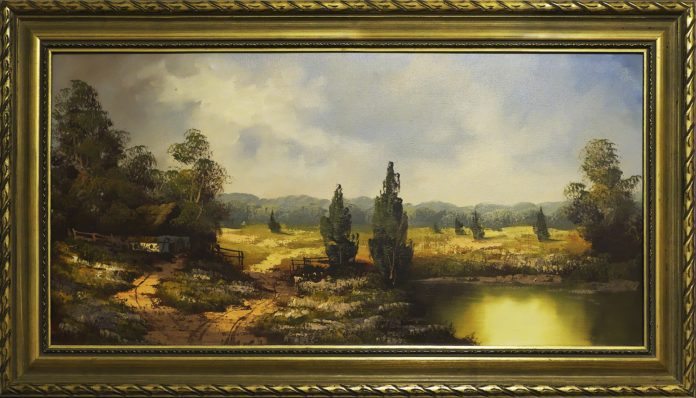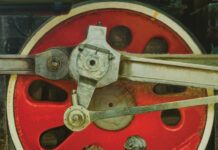Many people are naturally curious to know if the artworks they own — or even ones they encounter at shops or fairs — are of historical importance, who created them, if they have any financial value, etc.
While the editors and writers of Fine Art Connoisseur are not qualified to provide feedback on these matters, we certainly share your curiosity and warmly encourage you to approach experts in the field who can be of help.
Most communities are served by an auction firm that employs individuals who can quickly assess an artwork. (These are the types of people seen on PBS’s successful television series, Antiques Roadshow.) Most often, they will find that the artwork is of sentimental value, but not of historical importance or great financial value. Sometimes, however, the item is rare, possibly unique, and thus worthy of closer study or even sale to an owner who can take better care of it.
Find an Art Auctioneer
Auctioneers are ideally placed to survey a wide array of materials. Finding a suitable auctioneer is usually as easy as searching the internet with the name of your community or region and the phrase “art auction.” Most auctioneers will gladly receive an email from you, as long as you also attach clear color photographs of the artwork from every possible angle, up close, and from a distance. Auctioneers are not mind-readers and cannot guess at what you are trying to show them . . . they require good-quality photographs to make an informed assessment.
Ask an Appropriate Art Dealer or Art Gallery
Art dealers and gallery owners are also talented at assessing artworks, but they are more often focused on a single kind of art — for example, contemporary paintings, antique furniture, or silver. Therefore finding the right dealer to assess your artwork requires more research on your part. The easiest way to proceed is to visit that dealer or gallery’s website to see what kinds of art are illustrated there; if they resemble your object, then an approach via email or letter may be worthwhile. We recommend against showing up at a gallery with an artwork for the owner to assess; you will probably be interrupting a negotiation underway, and that will not endear you to the gallery staff. Another warning: Some dealers may not have time to reply at all if they are not interested in reselling what you own. In contrast, most auctioneers do reply, even if it is to say “no thank you” or “we don’t know what this object is.”
Contact the Appraisers Association of America
Finally, you can approach an accredited appraiser who is a member of the Appraisers Association of America. This group’s members live nationwide and are trained to assess artworks of many kinds. However, they are independent businesspeople who may automatically charge a service fee if you want them to research or tell you more about the item. Clarity about your expectations, and about any charges to be incurred, is essential during all of your communications with an appraiser. Quite rightly, their “meter” usually begins running the moment you begin to correspond with them.
Good luck with your search!
Sign up to receive Fine Art Today, the free weekly e-newsletter from
Fine Art Connoisseur magazine.







